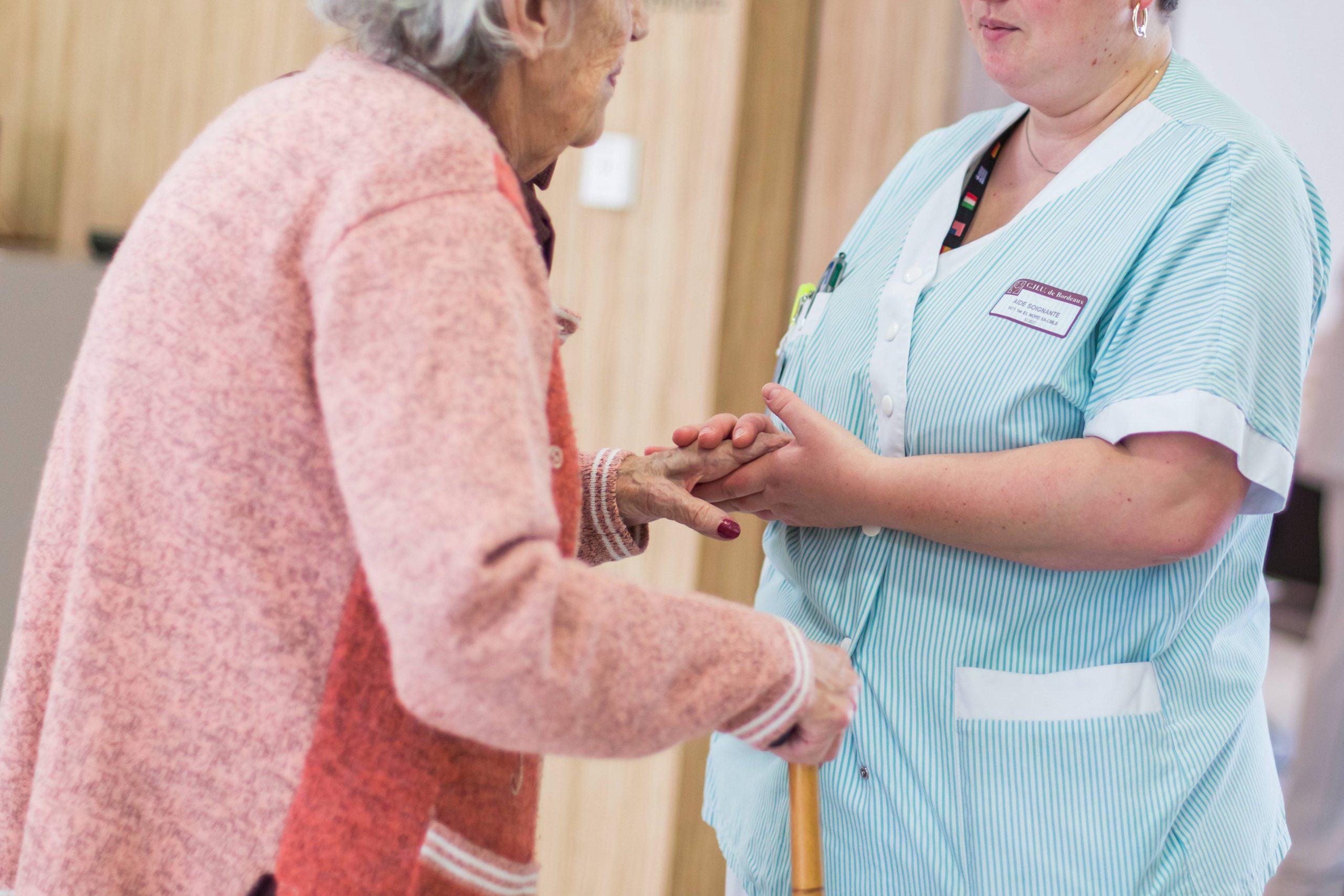THE JUNTA’S health service, Salud Responde, has made more than 38,000 calls to vulnerable individuals at high risk of suffering heat-related illnesses, such as heat stroke and heat exhaustion.
Population exposure to heat is increasing due to climate change and heatstroke, the most serious heat-related illness, is a medical emergency that causes multiorgan failure and death without intervention.
Rapid recognition and preventative care are essential to reduce morbidity and mortality.
For this reason Salud Responde put in motion a service, run between May 23 and September 15, with the aim of aiding the population at risk due to extreme by exercising individualised control over their health status.
The telephone follow-up plan carried out by Salud Responde targeted those patients identified through the Primary Care centers, considered to be at risk for the following criteria: people over 65 years of age, frail patients living alone and those whose state of health is considered ‘weak” due to suffering a chronic pathology with high morbidity (heart failure, chronic obstructive pulmonary disease, dementia, severe mental disorder, renal failure, excessive obesity, high blood pressure or diabetes mellitus).
During the time the preventative plan has lasted a total of 38,131 follow-up calls were made to 11,900 individuals considered ‘vulnerable’ and with a high risk of suffering heat-related illnesses.
Mainly from the provinces of Sevilla (2,249), Malaga (1,731) and Cadiz (1,704), followed by the provinces of Jaen (1,433), Cordoba (1,375), Granada (1,335), Huelva (1,072) and Almeria (1,001).
Between May 23 and September 15, there have been 139 days with high temperature alerts in Andalucia: 22 yellow, 27 orange and 90 red.
READ MORE:
- Spain’s Health Ministry estimates three times more heat-related deaths this summer than last
- Spain detects 48 cases among children of severe acute hepatitis of unknown origin



